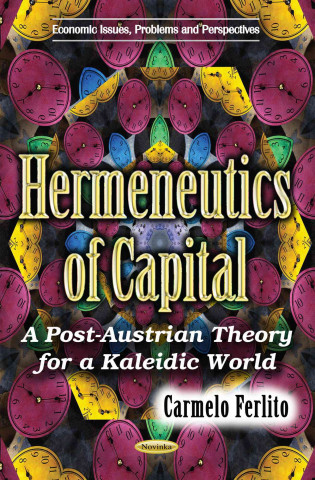
Kód: 14262761
Hermeneutics of Capital
Autor Carmelo Ferlito
In presenting Hermeneutics of Capital, the author fears that most modern economists are not prepared or even interested in the approach that has been taken in this book. Today, economists are more likely to search for exact theori ... celý popis
- Jazyk:
 Angličtina
Angličtina - Vazba: Brožovaná
- Počet stran: 90
Nakladatelství: Nova Science Publishers Inc, 2016
- Více informací o knize

3422 Kč
Dostupnost:
50 % šance Máme informaci, že by titul mohl být dostupný. Na základě vaší objednávky se ho pokusíme do 6 týdnů zajistit.
Máme informaci, že by titul mohl být dostupný. Na základě vaší objednávky se ho pokusíme do 6 týdnů zajistit.Prohledáme celý svět
Mohlo by se vám také líbit
-

Sorcerer's Apprentice: My Life with Carlos Castenada
472 Kč -

History Repeated: Block Exchange Quilts by the 19th Century Patchwork Divas
762 Kč -

New Messenger
368 Kč -

Secret de Dominique (Ne)(Le)
273 Kč -

Sämtliche Werke 7
1767 Kč -
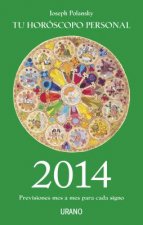
2014 - Tu Horoscopo Personal
525 Kč -

Un seguidor de Montigue visita La Habana : comidas profundas
354 Kč
Darujte tuto knihu ještě dnes
- Objednejte knihu a zvolte Zaslat jako dárek.
- Obratem obdržíte darovací poukaz na knihu, který můžete ihned předat obdarovanému.
- Knihu zašleme na adresu obdarovaného, o nic se nestaráte.
Informovat o naskladnění knihy
Zadejte do formuláře e-mailovou adresu a jakmile knihu naskladníme, zašleme vám o tom zprávu. Pohlídáme vše za vás.
Více informací o knize Hermeneutics of Capital
Nákupem získáte 342 bodů
 Anotace knihy
Anotace knihy
In presenting Hermeneutics of Capital, the author fears that most modern economists are not prepared or even interested in the approach that has been taken in this book. Today, economists are more likely to search for exact theories functional relationships between often logically independent variables rather than to question the nature of their science and its main task. This book argues that economics is about human nature, human conduct and human institutions, or what Mises called human action. The present book, however, is not an epistemological one. It is about capital theory. The attempt of Hermeneutics of Capital is to reconcile man and capital, which are often presented as competing elements in a conflictual world. What the author tries to do is even more than looking for a simple reconciliation; following Ludwig Lachmanns application of hermeneutics to economics, the author tries to define capital as the outcome of subjective mental processes, determined by individual intentions and expectations and not by specific physical or economic features. The author defines the theory of post-Austrian. In fact, the authors attempt is to further develop the Austrian School of Economics teaching, trying to contribute in enhancing concepts and theories which are believed to be necessarily reshaped. The author connected his capital theory with a consistent entrepreneurship theory, which goes beyond the usual contraposition between Kirzners and Schumpeters entrepreneurial theories and builds a synthesis centred on the idea of entrepreneurship as a subset of Misesian action involving specific capital formation processes. Moreover, the author took into account the traditional version of the Austrian Business Cycle Theory and critically revised it, arguing that crises are not simply the consequences of monetary manipulations, but they are the natural consequence of every expansionary wave. Shackle reminded us that a good economist is like a bottle of wine. He must begin by having the luck to be laid down, as it were, in a vintage year, when he himself and his class companions are the high-quality stuff in which ideas and theories ferment and discourse sparkles in a glow of golden light. But this is not enough. He must mature. This book helps guide readers to understand reality.
 Parametry knihy
Parametry knihy
Zařazení knihy Knihy v angličtině Economics, finance, business & management Economics Economic theory & philosophy
3422 Kč
- Plný název: Hermeneutics of Capital
- Podnázev: A Post-Austrian Theory for a Kaleidic World
- Autor: Carmelo Ferlito
- Jazyk:
 Angličtina
Angličtina - Vazba: Brožovaná
- Počet stran: 90
- EAN: 9781634851299
- ISBN: 1634851293
- ID: 14262761
- Nakladatelství: Nova Science Publishers Inc
- Hmotnost: 200 g
- Rozměry: 157 × 228 × 7 mm
- Datum vydání: 01. May 2016
Oblíbené z jiného soudku
-
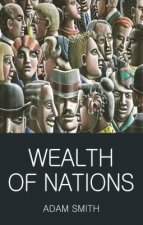
Wealth of Nations
143 Kč -
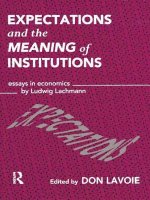
Expectations and the Meaning of Institutions
2158 Kč -
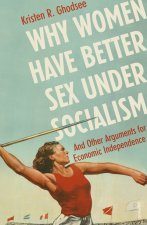
Why Women Have Better Sex Under Socialism
323 Kč -

Basic Economics
844 Kč -

Worldly Philosophers
302 Kč -
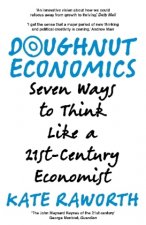
Doughnut Economics
356 Kč -

Book of Satoshi
522 Kč -

Human Action (4-Volume Set)
959 Kč -

Origin Of Wealth
302 Kč -

Economics Book
617 Kč -

Reflections on Ethics, Freedom, Welfare Economics, Policy, and the Legacy of Austrian Economics
563 Kč -

Essence of Entrepreneurship and the Nature and Significance of Market Process
532 Kč -
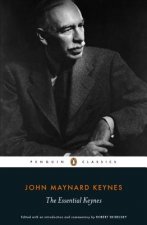
Essential Keynes
356 Kč -

Inquiry into the Nature and Causes of the Wealth of Nations
740 Kč -
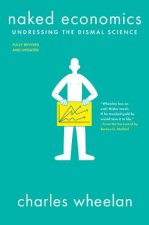
Naked Economics
380 Kč -
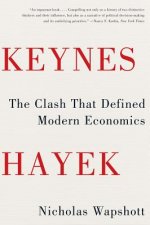
Keynes Hayek
414 Kč -

New Economics for Industry, Government, Education
1021 Kč -

Capitalism: A Very Short Introduction
209 Kč -

Oxford Handbook of Law and Economics
1394 Kč -

Keynes
302 Kč -

Pure Theory of Capital
338 Kč -
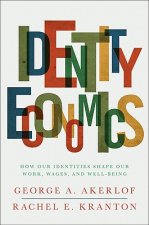
Identity Economics
492 Kč -
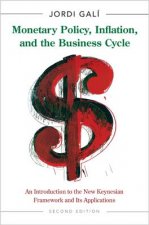
Monetary Policy, Inflation, and the Business Cycle
2203 Kč -

OPEC and the Price of Petroleum
1681 Kč -

Hayek vs Keynes
677 Kč -

Contra Keynes & Cambridge
420 Kč -
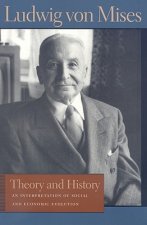
Theory & History
354 Kč -

Cultural Considerations within Austrian Economics
664 Kč -

Epistemological Problems of Economics
345 Kč -

Fortunes of Liberalism
364 Kč -
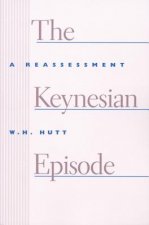
Keynesian Episode
355 Kč -

Wealth of Nations
330 Kč -

Inquiry into the Nature and Causes of the Wealth of Nations
276 Kč -

Four
247 Kč -

General Theory of Employment, Interest and Money
399 Kč -
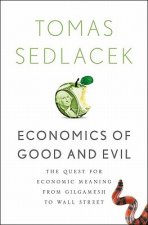
Economics of Good and Evil
674 Kč -

Happiness
302 Kč -

Wealth of Nations
320 Kč -

Seventeen Contradictions and the End of Capitalism
268 Kč -
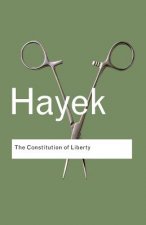
Constitution of Liberty
981 Kč -

Economics for the Common Good
438 Kč -

Mathematics for Economics and Finance
1498 Kč -

Wealth of Nations
665 Kč -
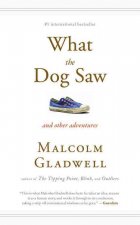
What the Dog Saw
257 Kč -

Technological Revolutions and Financial Capital
1022 Kč -

Kicking Away the Ladder
587 Kč -
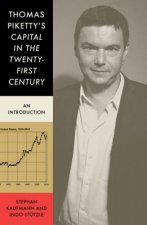
Thomas Piketty's 'Capital in the Twenty-First Century'
632 Kč -

Accumulation of Capital
619 Kč -

Logic Of Life
329 Kč
Osobní odběr Praha, Brno a 12903 dalších
Copyright ©2008-24 nejlevnejsi-knihy.cz Všechna práva vyhrazenaSoukromíCookies


 Vrácení do měsíce
Vrácení do měsíce 571 999 099 (8-15.30h)
571 999 099 (8-15.30h)